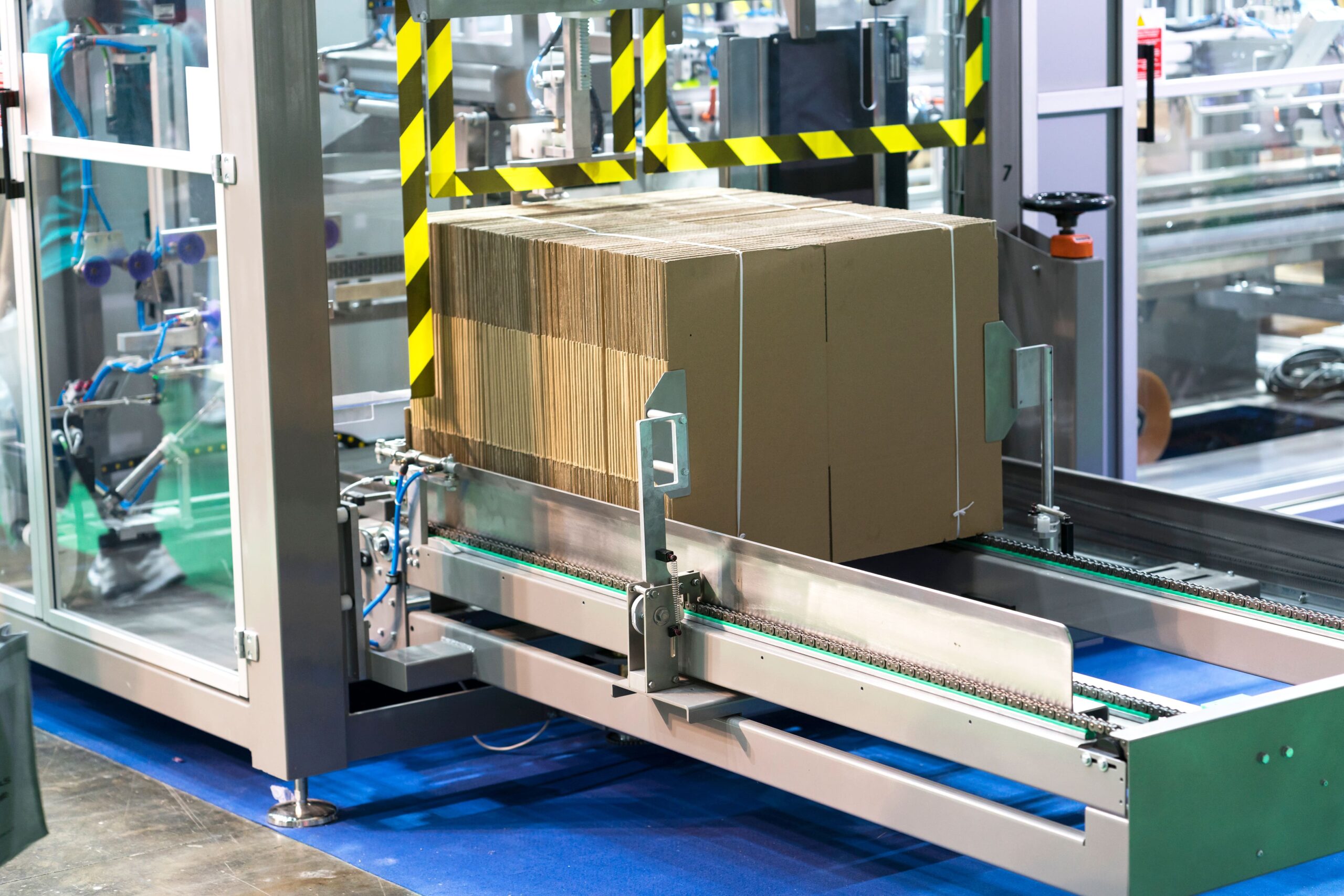
Case Study
PepsiCo Automatic Case Packers
Case Study
PepsiCo Automatic Case Packers
“One of the main challenges was the tight time frame. Bluebird Foods had built up stock ahead of the shut down to avoid any supply issues, however there was no leeway to go beyond these agreed days. So careful schedule planning was essential with multiple trades and overlapping tasks”
The goal was to move the no longer fit-for-purpose existing packers to the Tortilla Chip line. Then install new, faster automatic case packing systems on the Potato Chip Line. TEG Projects worked with subcontractors to formulate a design and process for the relocation project.